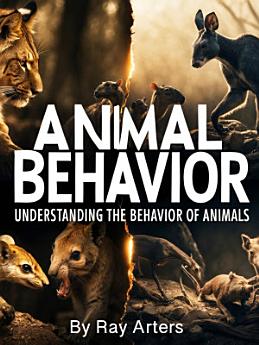Animal Behavior: Understanding the Behavior of Animals
About this ebook
The modern science of animal behavior emerged from the convergence of several intellectual traditions, most notably the work of European ethologists like Konrad Lorenz, Nikolaas Tinbergen, and Karl von Frisch, who pioneered observational studies of animals in their natural environments. These researchers rejected the laboratory-confined approaches that had dominated early twentieth-century psychology, instead emphasizing the importance of studying behavior in ecological contexts where natural selection had shaped behavioral adaptations. Their revolutionary approach recognized that animal behavior could only be properly understood when observed under the conditions in which it evolved.
Lorenz's groundbreaking work on imprinting demonstrated how young animals form crucial social bonds during critical periods of development, revealing that learning and innate programming work together to produce adaptive behaviors. His observations of greylag geese following the first moving object they encountered after hatching illustrated the precise timing mechanisms that ensure offspring form appropriate attachments to their parents. This discovery fundamentally changed scientific understanding of the relationship between genes and environment in behavioral development.








